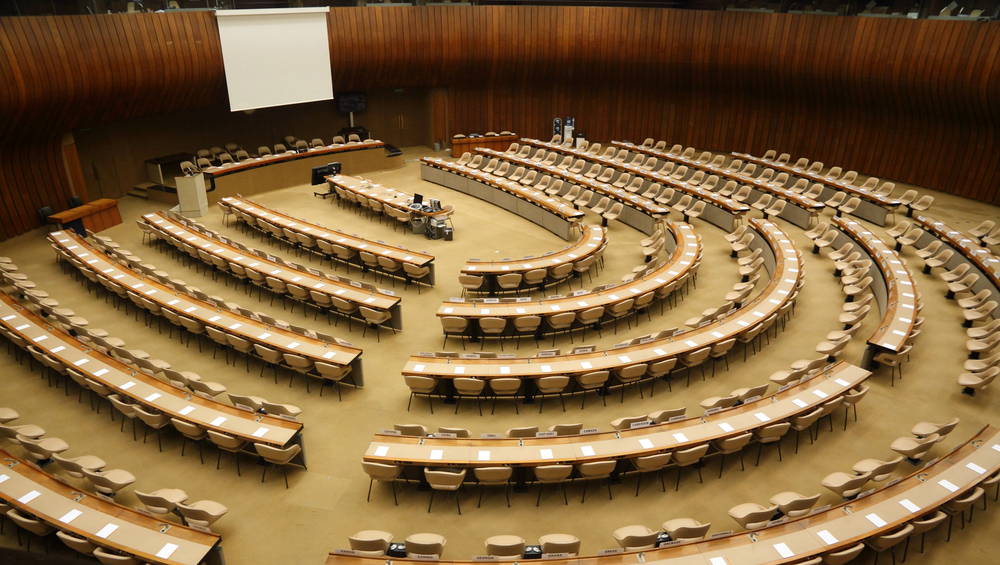

Summary: A new public health initiative led by Dr. Josh M. Colston aims to confront and combat the often-overlooked threat of diarrhea on a global scale. The project strives to break the stigma associated with diarrhea, especially as it affects children, and calls for more attention to this significant health challenge.
Diarrhea, commonly dismissed or accepted as a regular aspect of child development, is receiving long-overdue scrutiny as a global health hazard thanks to a novel public health campaign. Spearheaded by Dr. Josh M. Colston, Epidemiologist and Assistant Professor at the University of Virginia School of Medicine, the initiative is on a mission to demystify and confront the dangers of diarrhea.
Colston, working within the School’s Division of Infectious Diseases and International Health, is championing the movement to educate and inform the public about the serious implications of diarrhea, which is often underestimated as a mere inconvenience rather than a substantial threat to health, particularly in children.
By breaking the silence around the topic, the initiative highlights the urgency of combating this ailment that claims the lives of countless children in underdeveloped regions. It underscores the need for increased funding, research, and communication about preventive measures and treatments.
The project’s focus is to dismantle the notion that diarrhea is an unavoidable aspect of childhood and to stress the importance of recognizing and treating it as a serious public health issue. The campaign is poised to advocate for this significant yet frequently ignored condition with the goal of safeguarding children’s health around the world.
Diarrhea as a Global Health Concern
Diarrhea remains one of the leading causes of morbidity and mortality among children in low-income countries, despite being preventable and treatable. As the public health initiative led by Dr. Josh M. Colston gains traction, it is essential to understand the broader context of the ailment within the global health landscape.
This challenge intersects with various sectors within the health industry, notably in pharmaceuticals, water, sanitation and hygiene (WASH), and healthcare delivery services. Each plays a crucial role in managing and preventing diarrhea through medication development, improved infrastructure, and access to quality healthcare.
Market Forecasts and Industry Dynamics
According to market research reports, the global antidiarrheal drugs market is anticipated to grow over the coming years, driven by the increased incidence of diarrheal diseases and the growing awareness of treatments. Additionally, investments in WASH initiatives are expected to rise as international organizations and governments acknowledge the importance of sanitation in disease prevention.
Moreover, humanitarian aid for the provision of oral rehydration solutions (ORS) and zinc supplementation—both vital treatments for diarrhea management—reflects a commitment to addressing this issue on a global scale. This commitment is further amplified by the attention directed towards the development of vaccines for rotavirus, a leading cause of severe diarrhea among infants and young children.
Addressing Industry Challenges
Despite these positive trends, various challenges still impede the battle against diarrhea. These include limited access to clean water and sanitation facilities, shortages of medical professionals, and inadequate health education in underprivileged regions. Pharmaceutical companies also face obstacles in the distribution and affordability of essential medicines.
Combating diarrhea effectively requires a holistic approach that addresses these systemic barriers. Researchers, public health advocates, and practitioners must engage in sustained dialogue and partnership to ensure that interventions reach those most in need.
For more information about ongoing global health initiatives and to stay abreast of similar projects, you’re encouraged to visit the website of the World Health Organization at WHO.
The public health campaign led by Dr. Colston sets a precedent for elevating concerns like diarrhea from quiet crises to public priorities, urging global communities to reassess and invest in the health and well-being of their youngest and most vulnerable members. Through education, advocacy, and dedicated research, the initiative aspires to make significant strides in the fight against a condition that has been sidelined for far too long.

Leokadia Głogulska is an emerging figure in the field of environmental technology, known for her groundbreaking work in developing sustainable urban infrastructure solutions. Her research focuses on integrating green technologies in urban planning, aiming to reduce environmental impact while enhancing livability in cities. Głogulska’s innovative approaches to renewable energy usage, waste management, and eco-friendly transportation systems have garnered attention for their practicality and effectiveness. Her contributions are increasingly influential in shaping policies and practices towards more sustainable and resilient urban environments.
link






